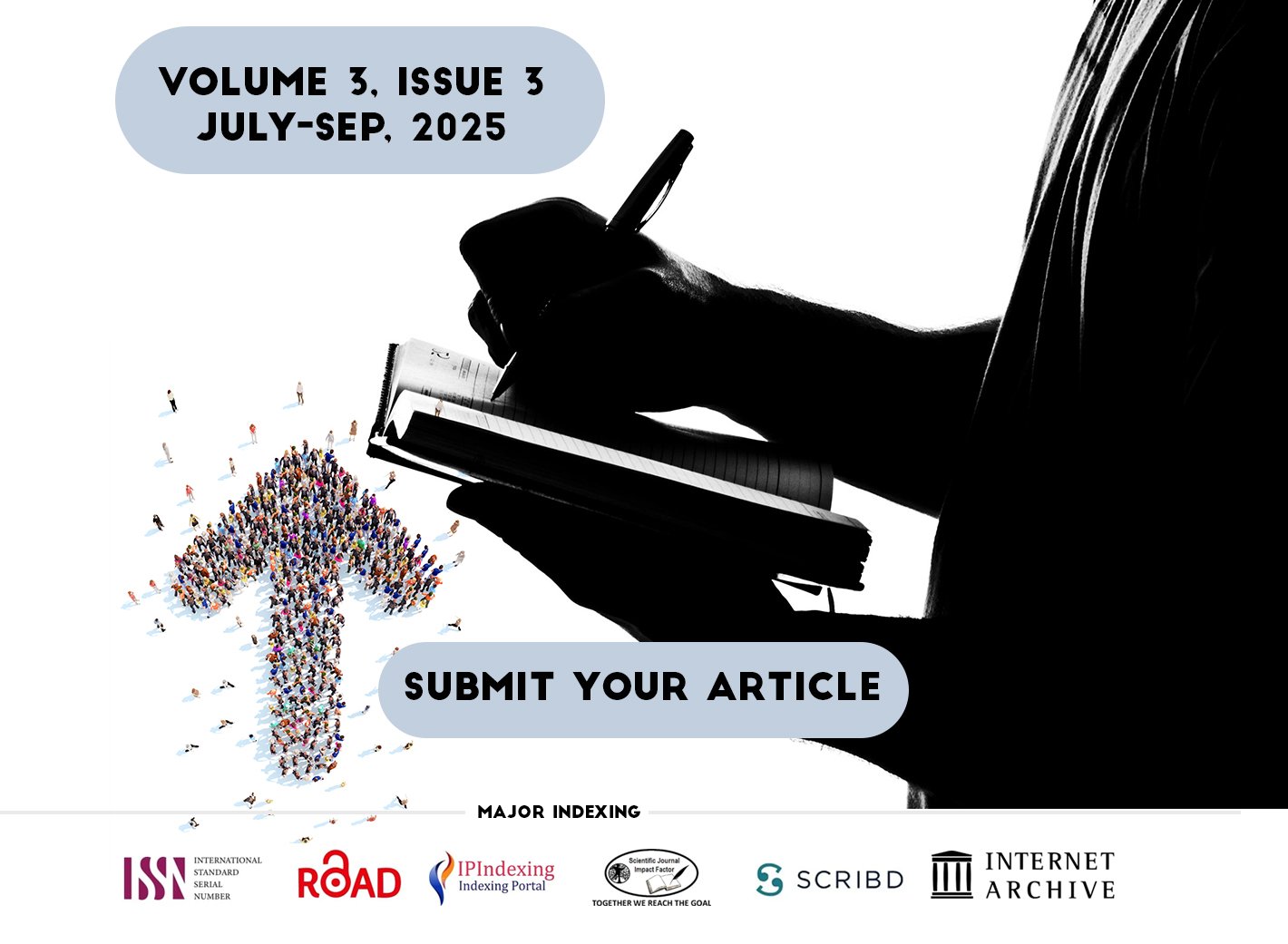In India, the prohibition of marital rape has recently been the focus of heated discussion and campaigning. Non-consensual sexual actions carried out by one spouse against the other while still being married are referred to as marital rape. Despite progress in recognizing and addressing gender-based violence, Indian law currently exempts marital rape from criminalization under an exception to Section 375 of the Indian Penal Code (IPC). Some have argued that marital rape should be handled as a private issue or that it might undermine the institution of marriage, and this exemption has allowed to maintain these myths in society. But there is a rising drive to make marital rape a crime and compensate victims. Activists, NGOs, and advocacy organisations for human rights have put in countless hours to dispel myths regarding consent, gender equality, and women’s rights as well as to promote public awareness of these issues. The Supreme Court of India recognised forced sex in marriages as a kind of cruelty, demonstrating the judiciary’s progress in recognising the seriousness of marital rape. Protecting women’s rights and dignity within the institution of marriage necessitates criminalising marital rape. By tackling this issue head-on, India can make tremendous progress towards creating a more inclusive and just society, in which no one is exposed to sexual assault, regardless of their marital status.
This article explores the importance, obstacles, and advancements in the criminalization of marital rape in the Indian context.





